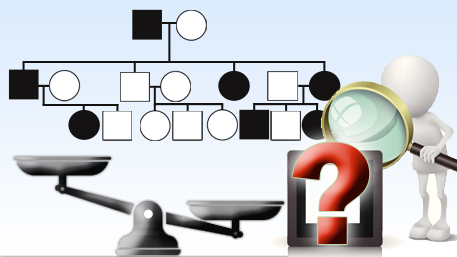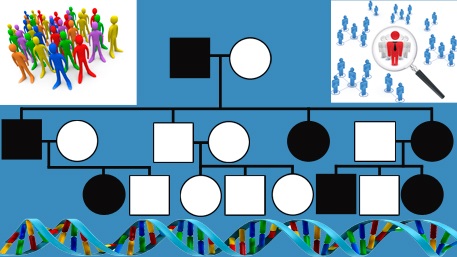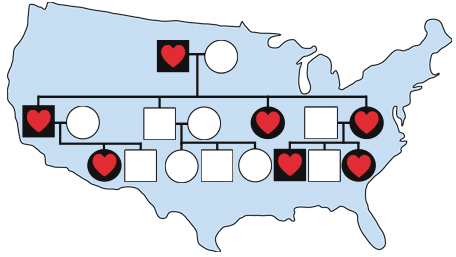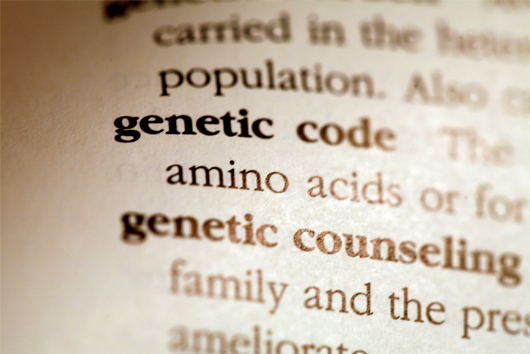Category: cascade screening
Equitable Implementation of Cascade Testing for Genetic Disorders: Where are We?

Testing relatives of individuals with genetic disorders, a process known as cascade testing or cascade screening, is critical for identifying those needing health services that can prevent morbidity and mortality. Yet, cascade testing is poorly implemented in clinical practice. For example, there are several genetic conditions with CDC tier 1 evidence-based recommendations for cascade testing, Read More >
Posted on byPrecision Medicine in Action: How can we make cascade screening for hereditary conditions work best in the real world?

If someone in your family were diagnosed with a genetic condition, would you want to be tested for that condition as well? For some disorders, like Huntington’s disease, for which there are no means available for prevention or cure, the question can be extremely difficult to answer. However, with many other conditions (for example familial Read More >
Posted on byPrecision Medicine in Action: How well does cascade screening for hereditary conditions work in the real world?

An important component of precision medicine is the identification, through genetic testing, of people who are at elevated risk of disease because of pathogenic germline mutations. Cascade screening involves contacting relatives of patients with certain hereditary conditions to help inform, manage, and identify those who may be at increased risk. A systematic scoping review on Read More >
Posted on byCascade Screening for Familial Hypercholesterolemia in the United States: Public Health Impact and Challenges

This post is a summary of our recently published paper in JAMA and outlines the public health impact and challenges for cascade screening for Familial Hypercholesterolemia (FH) in the United States. What is the public health impact of cascade screening for FH? FH is a dominantly-inherited genetic disorder affecting about 1 in 250 people and Read More >
Posted on byFrom Genetic Counseling in Individuals to Cascade Screening in Populations: An Emerging Role for Public Health Practice

There are more than 2500 diseases for which genetic testing is currently available. Most of these diseases are individually rare conditions but collectively affect millions of individuals and families worldwide. Genetic diseases are usually caused by mutations in one or a few genes that may confer a high risk of illness, disability and early death. Read More >
Posted on by 1 Comment